Contents
There are many reasons why your compressor may shut down, such as low oil level, faulty motor bearings, dirty condenser coils, etc. We can help you diagnose the issue with your compressor so that we can get them back up and running again quickly.
How to maintain your Air Compressor during shutdown/slowdown
How to maintain your Air Compressor during shutdown/slowdown
-Remove unneeded accessories. If you do not need to use the machine, it is best just to shut off and store them until needed. This will prevent damage due to lack of proper care which can cause corrosion or rust on valves and cylinders that could lead to additional problems later down the road.
-Check oil level before use. If your compressor is low on oil, you will need to be sure that the machine has enough before firing it up again.
-Make sure there are no leaks or loose connections when starting back up. This can cause additional damage if any of these components are faulty and may lead to more issues down the road unless they are repaired right away.
-Be sure to let the machine cool down before shutdown and take proper cleaning measures when necessary after use so that it can be stored away in good condition for later use.
-Ensure you have a well-ventilated area when using your compressor, or else you could run into problems with carbon monoxide gas buildup, which is hazardous if inhaled.
-Make sure to have your compressor regularly serviced by a qualified professional so that it will continue to operate safely and reliably for years to come.
-Adjust compressor controls
-Check air pressure
-Shut off electrical supply if the compressor is not in use for long periods or at night when it will not be used again until morning. If you are using a mechanical refrigeration system, make sure to drain out all fluids before storing them away so that you do not damage the system by having any leaks.
-Smaller compressors are more efficient and cost-effective. This is something to consider if you have a compressor that uses up too much power or has maintenance problems because it may be time for an upgrade to a newer, smaller unit.
8 ways to avoid downtime on a compressed air system
8 ways to avoid downtime on a compressed air system
You know how crucial it is to maintain your equipment in good operating order if you operate a business or industrial facility. Whether you are just starting or have been doing this for years, it is important to know the right ways of how to avoid downtime on your equipment so that you can continue providing top-quality service.
Check your compressor regularly.
The first step to avoiding downtime on a compressed air system is to check your compressor regularly. Ensure that all the components are working properly and do not have any leaks or loose connections, which can cause additional problems down the road if left unattended.
Inspect valves daily
You should inspect valves every day as well, so you will know if the release valve is in a safe position or not. If your valves are corroded, you will need to replace them as soon as possible so that they do not interfere with the performance of your compressor further down the road.
Pressure wash your cooler.
You should also pressure wash your cooler every so often to ensure that it is clean and free of debris which can cause problems with the performance or, even worse – a potential fire hazard if contaminants get into the system.
Keep filters and gauges in good working order.
Make sure you keep all gauges, filters, regulators, and fittings in good working order so that there are no leaks or anything loose which can cause further problems with the system.
Consider an upgrade
If you have a compressor that uses up too much power, consider getting one that is more efficient and cost-effective to help reduce your costs while providing top-quality service. Check for carbon monoxide gas buildup: If you are using your compressor in a poorly ventilated area, make sure to check for carbon monoxide gas buildup. You should also take proper cleaning measures once the machine has shut down and is cool enough to touch so that it can be stored away safely until later use.
Check belts and couplings.
You should also check belts and couplings regularly to ensure that they are in good working order. This will help prevent unnecessary downtime on your compressor down the road so you can keep it running smoothly for years to come.
Pay attention to any new noise that appears
If you notice any new noise or vibrations that are not normal, make sure to pay close attention and check for carbon monoxide gas buildup. This will help prevent unnecessary downtime on your compressor down the road so you can keep it running smoothly for years to come.
Schedule preventive maintenance
Schedule preventive maintenance to ensure that all components are clean, oiled, and in good working order so you can avoid costly repairs or replacements down the road.
Final Verdict
You have a lot of things to consider when running your air compressor. Make sure you keep it well-maintained and that the filter is cleaned regularly, for example. This will help avoid shutdowns in the future.


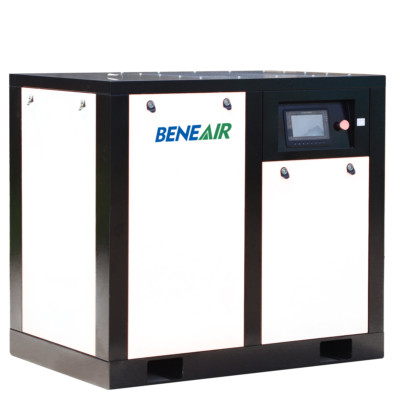
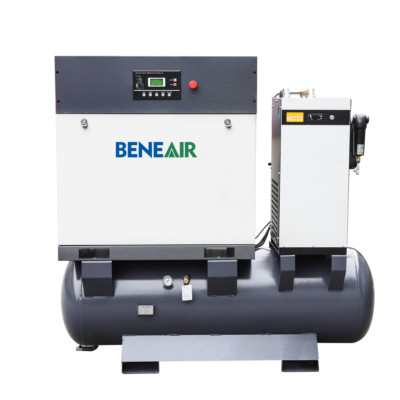
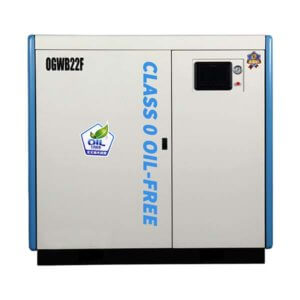
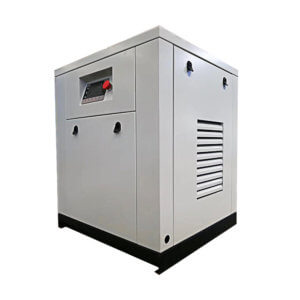
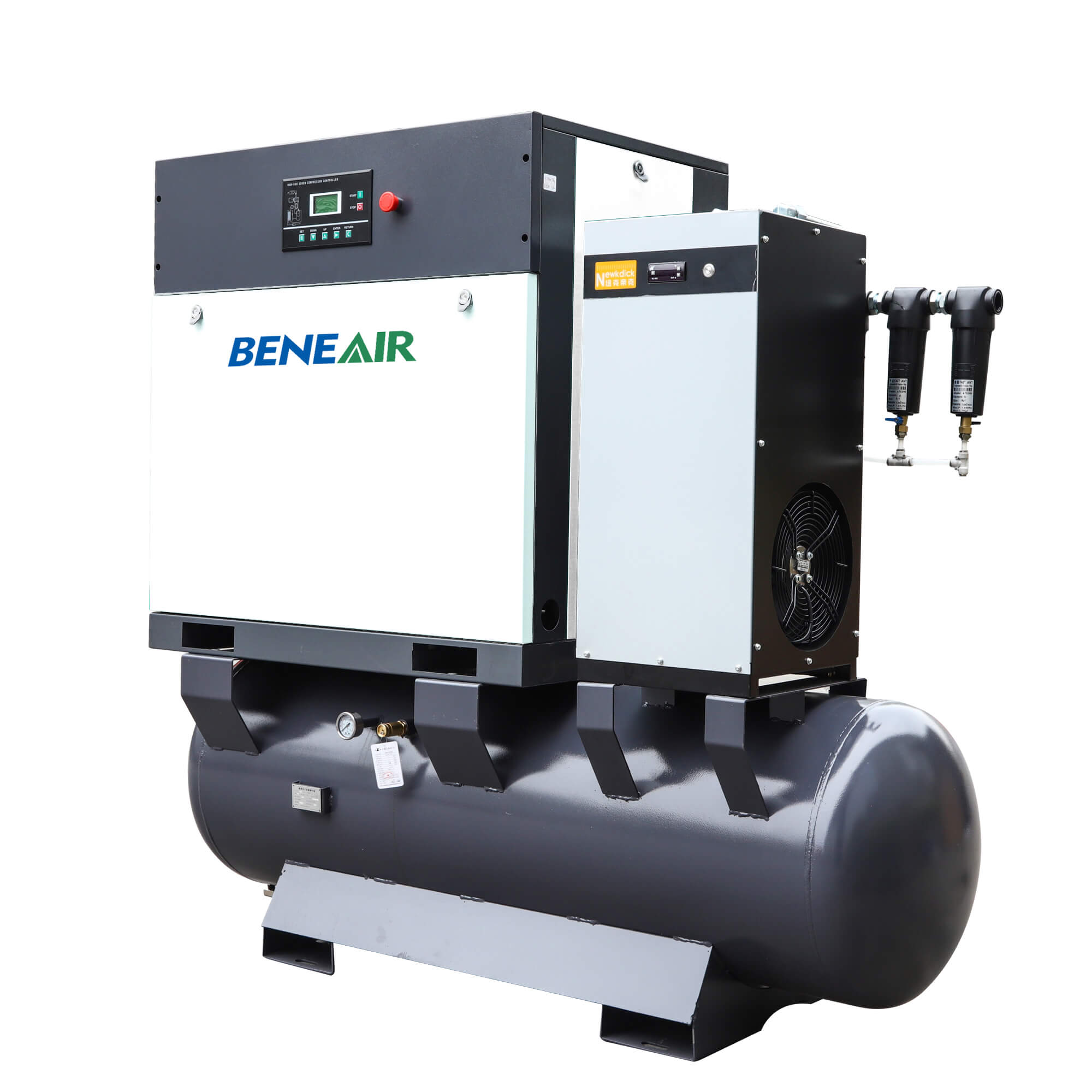






Leave A Comment